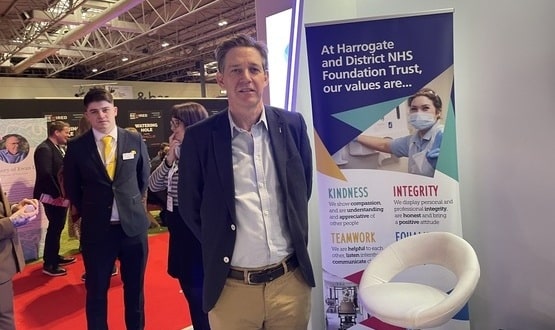Medicdirect and Tiscali Join Up for New Health Channel
- 2 May 2002
Medicdirect, the UK health web site with content provided by NHS consultants, has signed up to provide a new health section for European internet company, Tiscali.
The partners say the new section on the Tiscali portal offers information on everything from minor ailments to major operations, a virtual body tour and video clips illustrating medical procedures ranging from surgery to self-examination.
The health section sits within the Tiscali lifestyle channel, a section of the site which, the company says, aims to offer constructive advice for individuals and families and can be used to help meet information needs between a GP visit and a consultant referral. Clarification of specialist information and support for the whole family are offered.
Medicdirect, launched in March 2000, has content provided by over 90 NHS specialists who are all teaching hospital consultants or GPs. Its chosen approach is to supplement medical information given by patients’ own doctors and avoid encouraging self-diagnosis.
Italian-based Tiscali is the UK’s fourth largest ISP having recently acquired Tiny Computer’s ISP, Tiny Online Ltd and Gateway ISP (UK. Holland and France).




